Falando sobre o natal

What does it mean when you say “For God’s sake”? Let’s talk about it in this episode!
Navegue pelo conteúdo
Hi there! Feeling the holiday spirit already? 🎄
Seja bem-vindo a mais um episódio do Walk ‘n’ Talk Level Up, nosso podcast 100% em inglês! No diálogo de hoje, vamos acompanhar dois amigos conversando sobre o Natal, que está chegando e, como sempre, lotando as lojas. Um deles está animado com essa época mágica do ano, enquanto o outro… nem tanto assim!
Ouça com atenção, repita em voz alta junto com a teacher Becs para treinar sua pronúncia e, depois, aproveite este conteúdo extra com vocabulário, exemplos e exercícios para fixar tudo de vez.
Merry Christmas and let’s get started!
Expansão de Vocabulário
Just around the corner
Essa expressão é perfeita para falar de algo que está prestes a acontecer. No diálogo, ouvimos:
“Christmas is just around the corner.”
(O Natal está chegando.)
Veja mais exemplos com essa expressão no sentido de tempo:
-
Your birthday is just around the corner.
(Seu aniversário está chegando.) -
Easter is just around the corner and I haven’t bought any chocolates.
(A Páscoa está chegando e eu ainda não comprei chocolates.)
Também podemos usá-la para falar de algo que está fisicamente próximo:
-
The mall is just around the corner from here.
(O shopping fica logo ali na esquina.) -
Let’s eat at that new place just around the corner.
(Vamos comer naquele lugar novo ali perto.)
Have you started yet?
Usamos o present perfect + yet para perguntar ou afirmar algo que se espera que já tenha acontecido, ou que ainda vai acontecer.
Exemplos com perguntas e negativas:
-
Have you started buying the gifts yet?
(Você já começou a comprar os presentes?) -
I haven’t decorated the house yet.
(Ainda não decorei a casa.)
Existe também a estrutura mais avançada: have yet to + verbo, que indica que algo ainda não foi feito, mas se espera que aconteça em breve:
-
I have yet to buy gifts for the kids.
(Ainda não comprei os presentes para as crianças.) -
Jane has yet to send the invitations.
(Jane ainda precisa enviar os convites.)
A hard time
Ter a hard time significa passar por dificuldades. Pode ser algo emocional, físico ou até mesmo uma situação do dia a dia.
Exemplos:
-
I’m having a hard time concentrating at work.
(Estou tendo dificuldade para me concentrar no trabalho.) -
George is having a hard time adapting to the new schedule.
(George está tendo dificuldade para se adaptar à nova rotina.)
No diálogo, vemos outro uso interessante:
“I’m just giving you a hard time.”
Essa expressão significa “te provocar” ou “te zoar” de maneira leve e bem-humorada.
Outros exemplos com esse sentido:
-
My friends always give me a hard time about my Christmas sweater.
(Meus amigos sempre me zoam por causa do meu suéter de Natal.) -
Stop giving her a hard time, she’s doing her best.
(Pare de pegar no pé dela, ela está fazendo o melhor que pode.)
Exercícios para praticar
1. Reescreva a frase abaixo usando a expressão “just around the corner”:
O Ano Novo está chegando.
➡️ _________________________________________________
2. Complete as frases com “yet” ou “have yet to”:
a) Have you __________ written your Christmas cards?
b) I __________ start decorating the tree.
c) She __________ buy presents for her parents.
3. Crie uma frase com “give someone a hard time”.
➡️ Frase: ___________________________________________
Respostas
1. New Year is just around the corner.
2.
a) yet
b) have yet to
c) has yet to
3. Resposta livre. Exemplo: My brother gives me a hard time every time I wear that sweater.
Gostou do episódio? Continue sua jornada no idioma e confira nosso curso de inglês completo para se aprofundar ainda mais! 📚
Bye bye!
Memorize este conteúdo agora
Adicionar o deck da aulaPlaylist






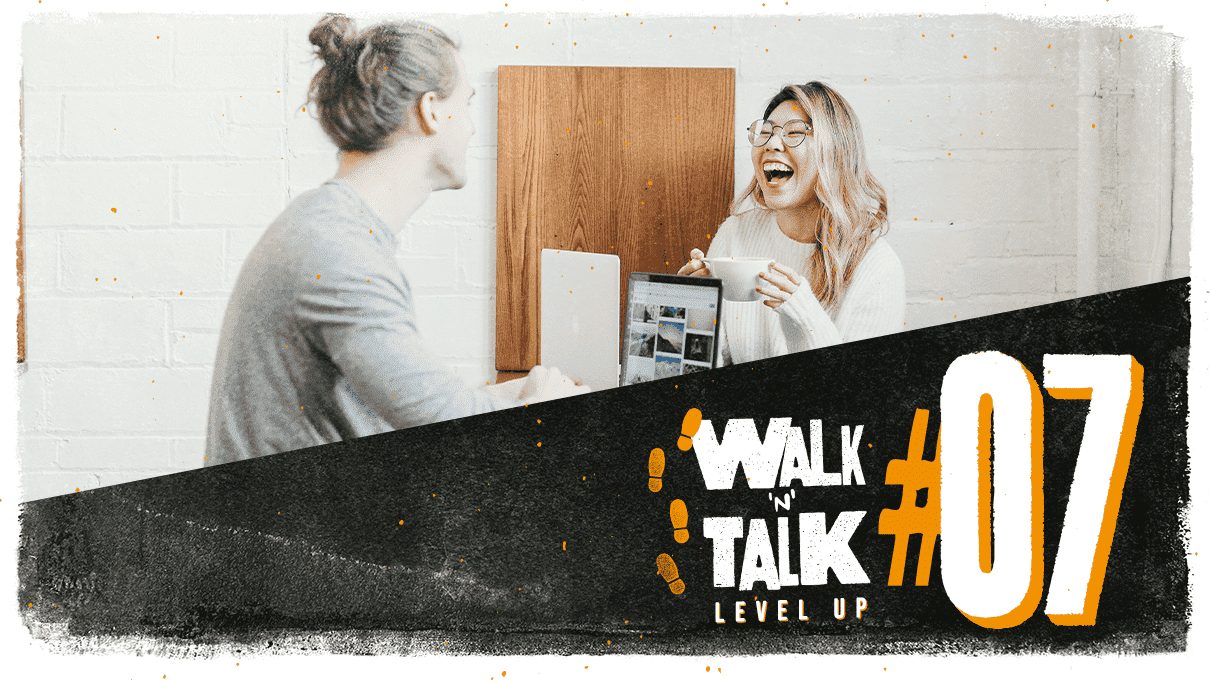

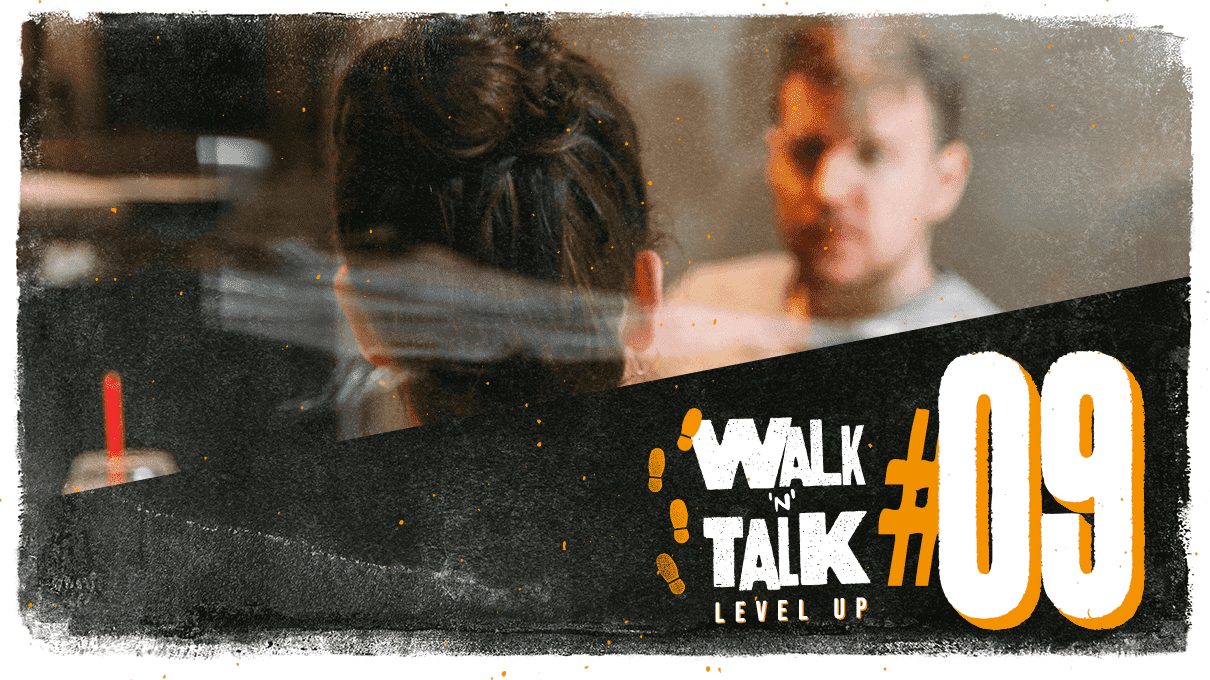



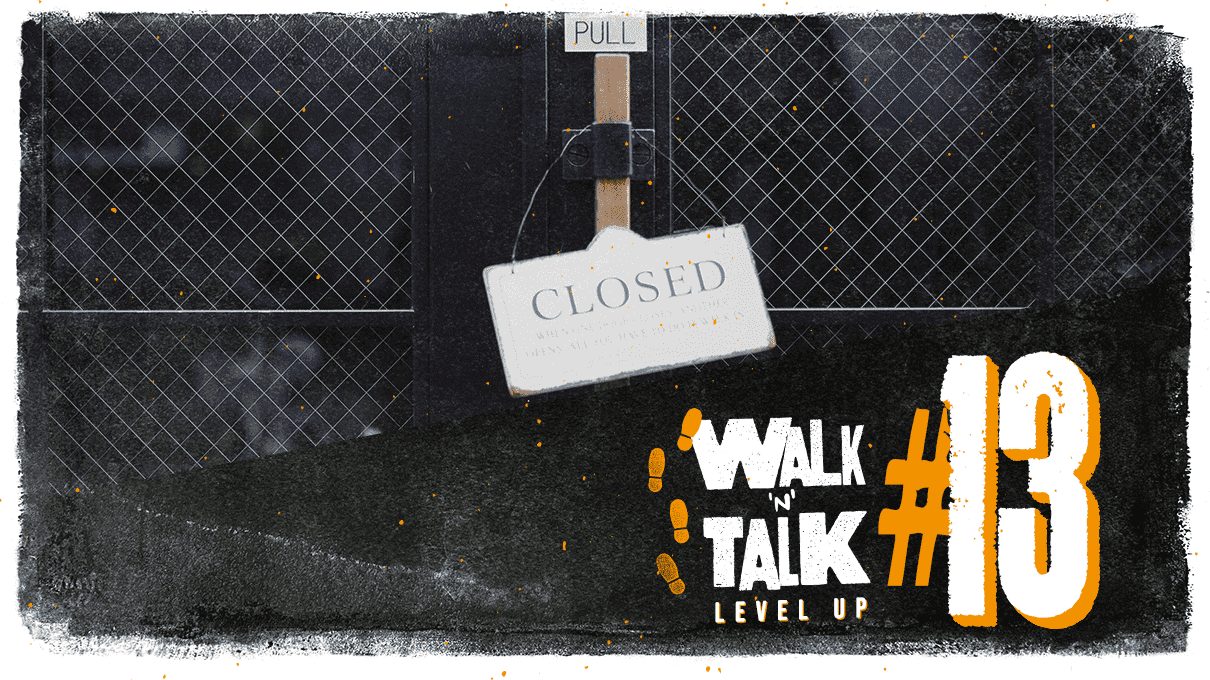


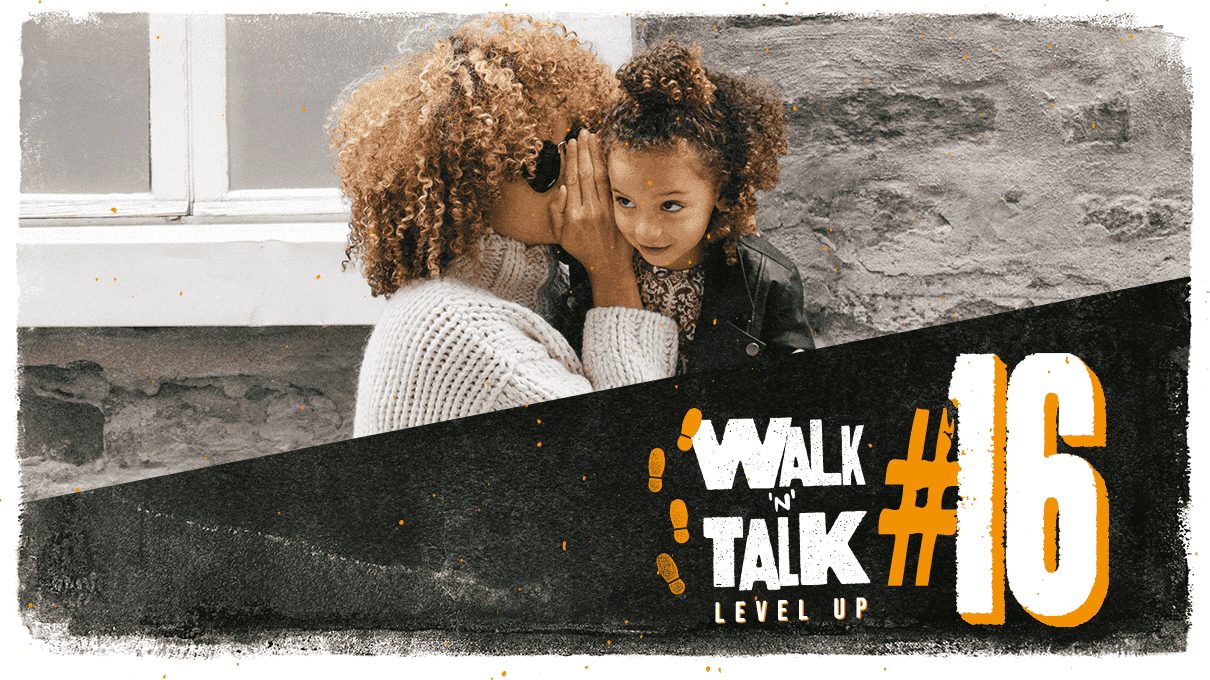



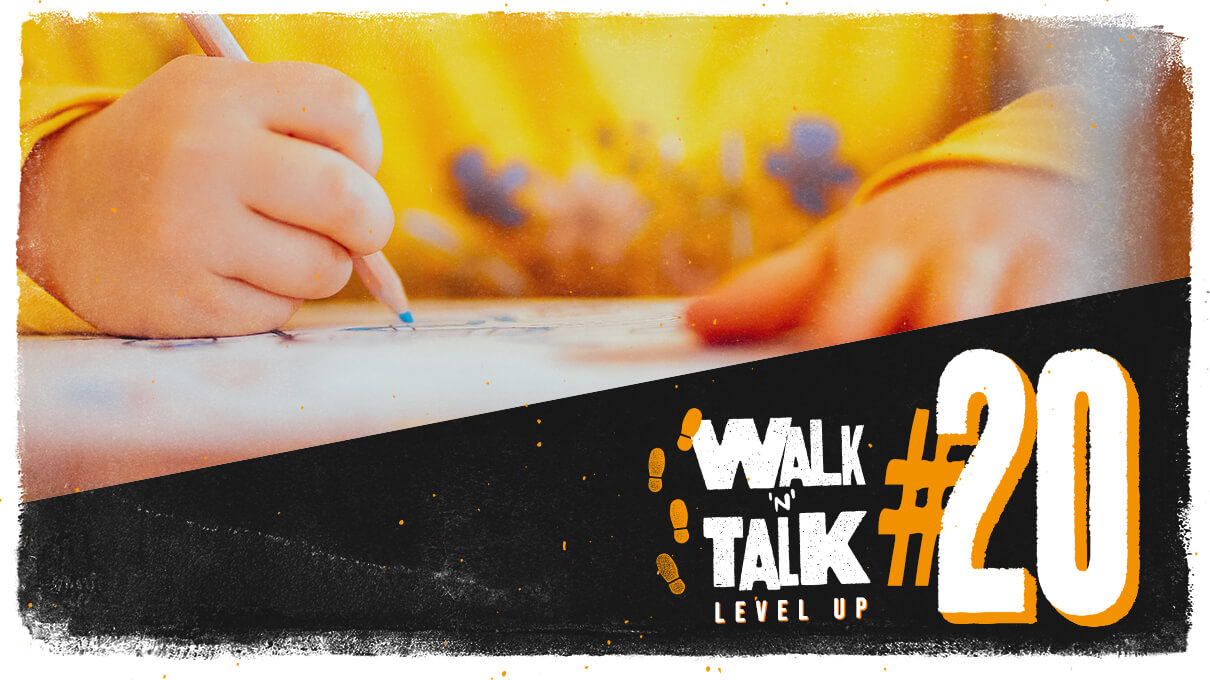




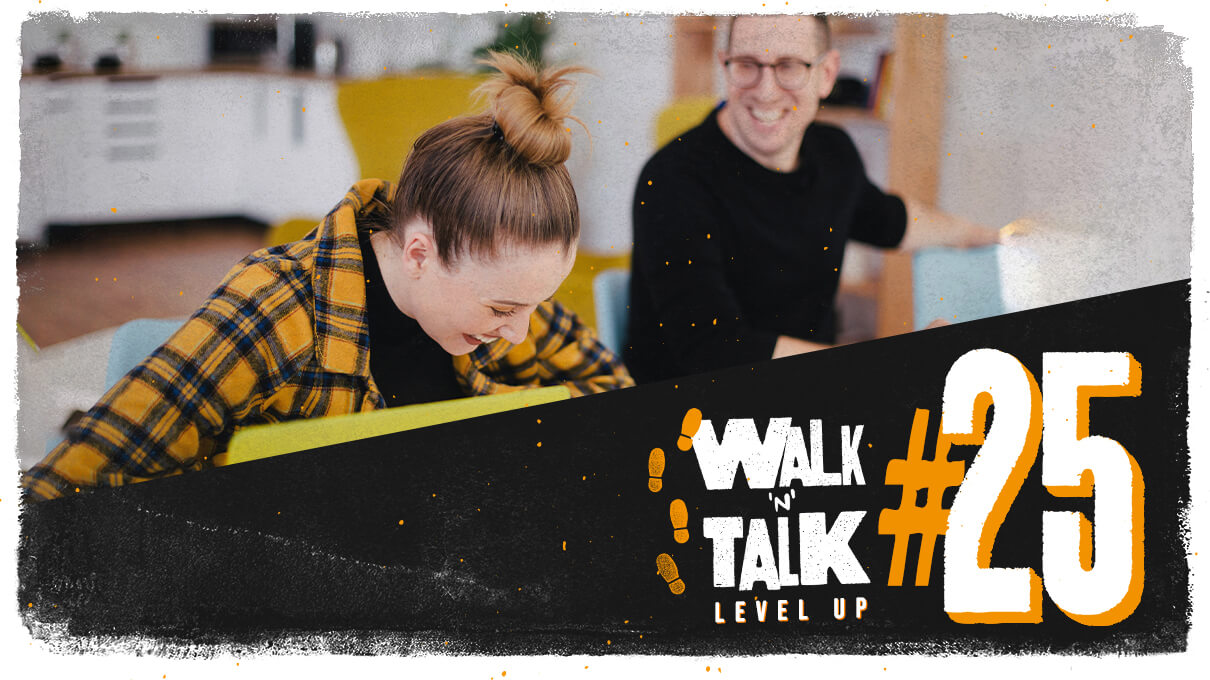
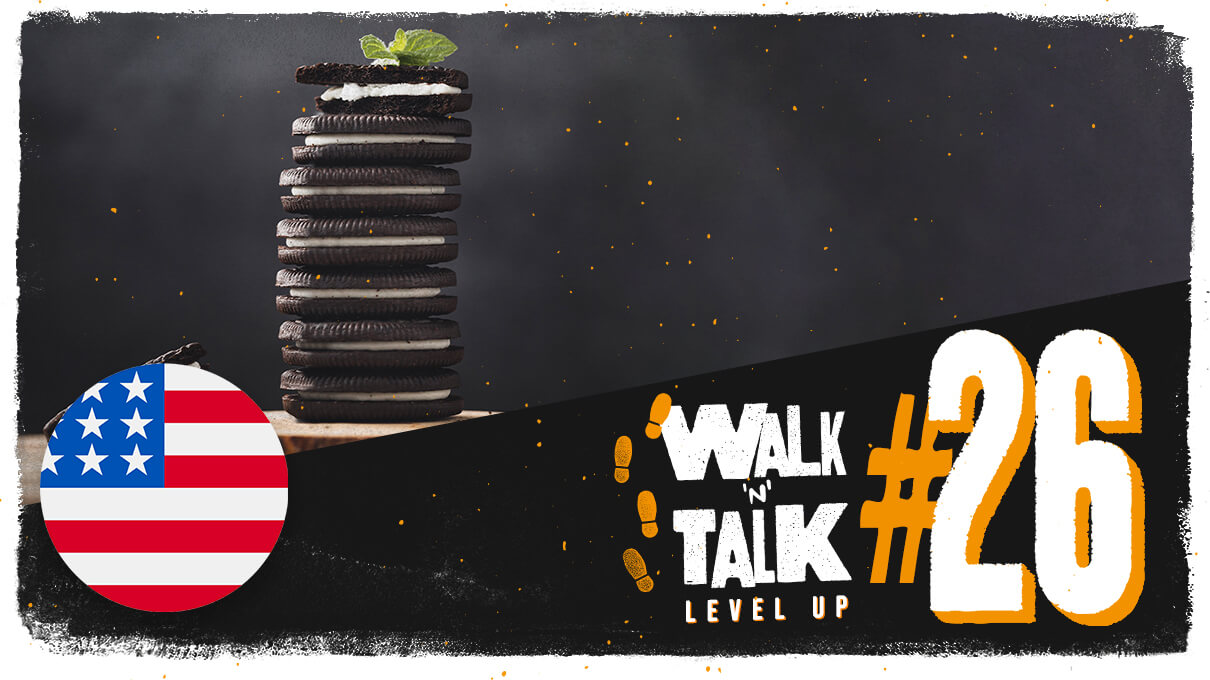
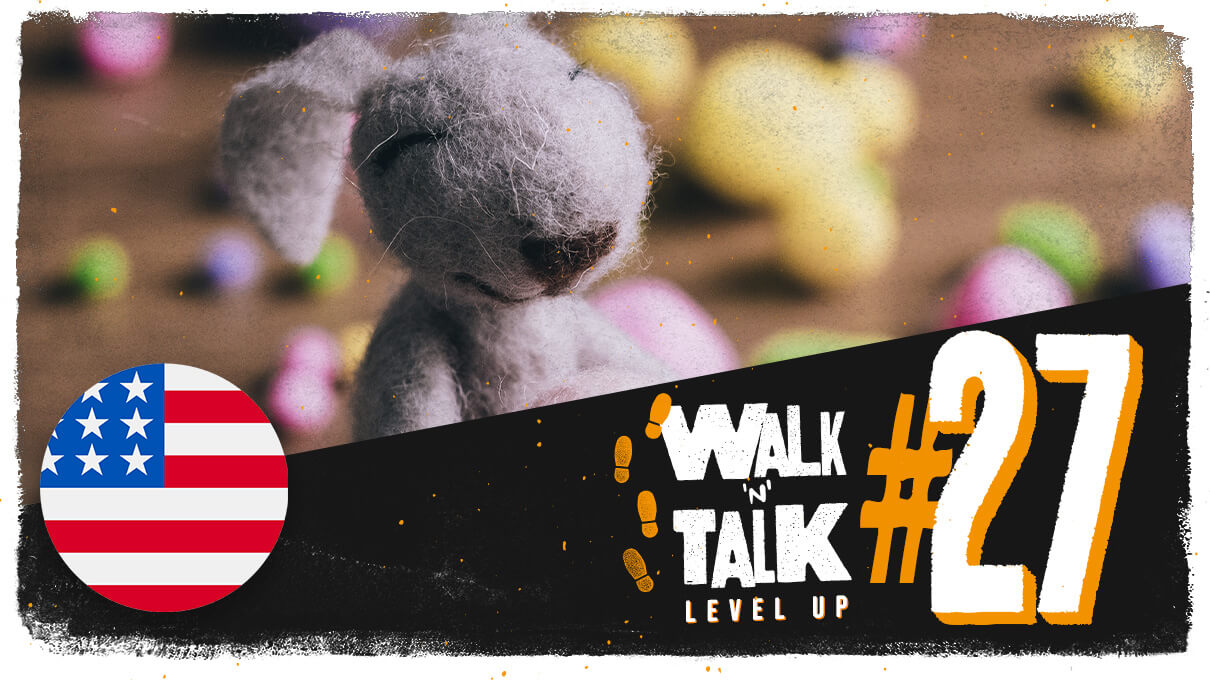




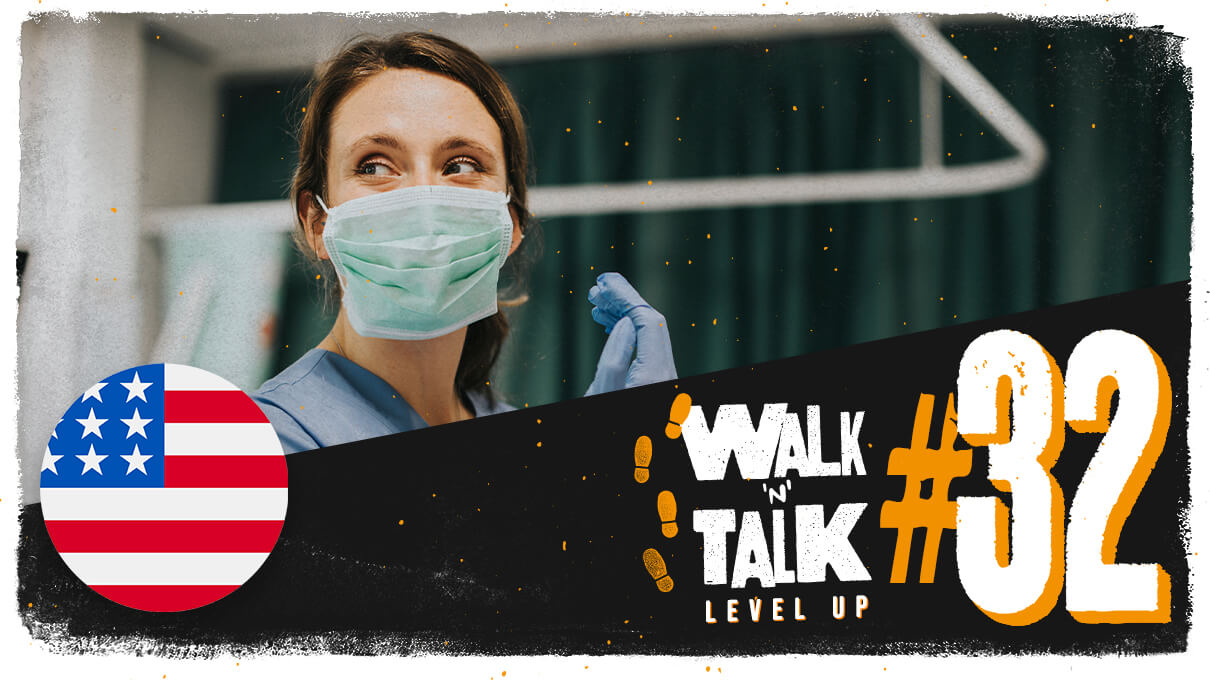
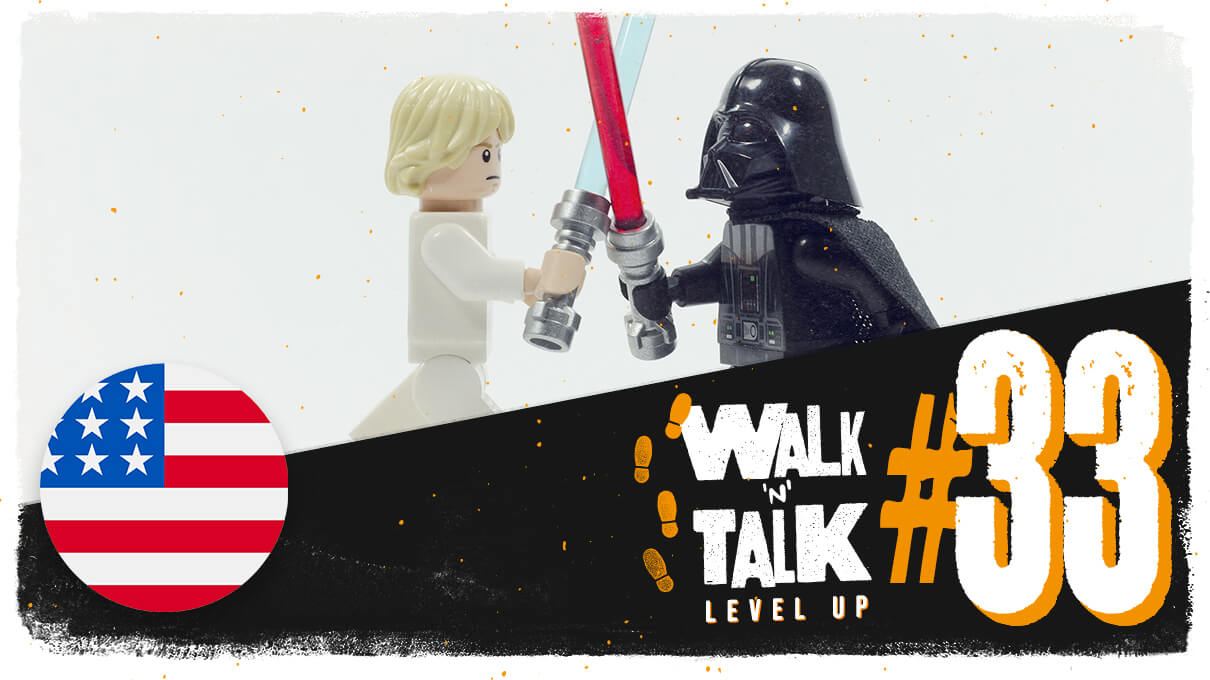

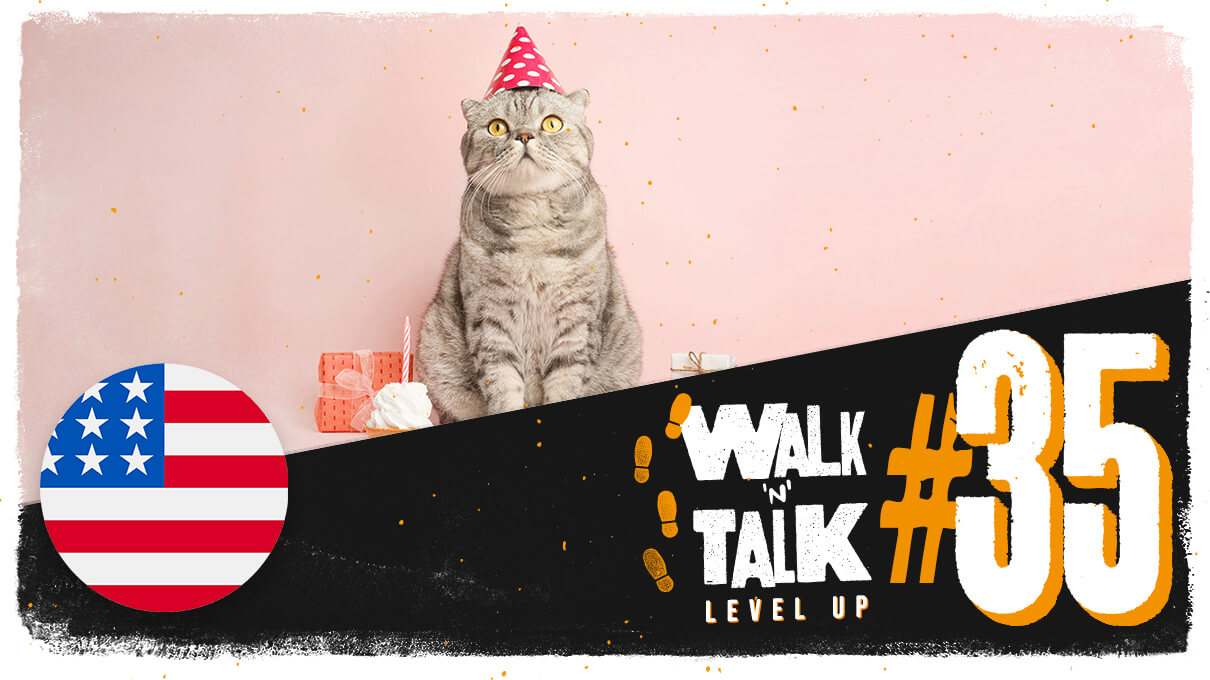




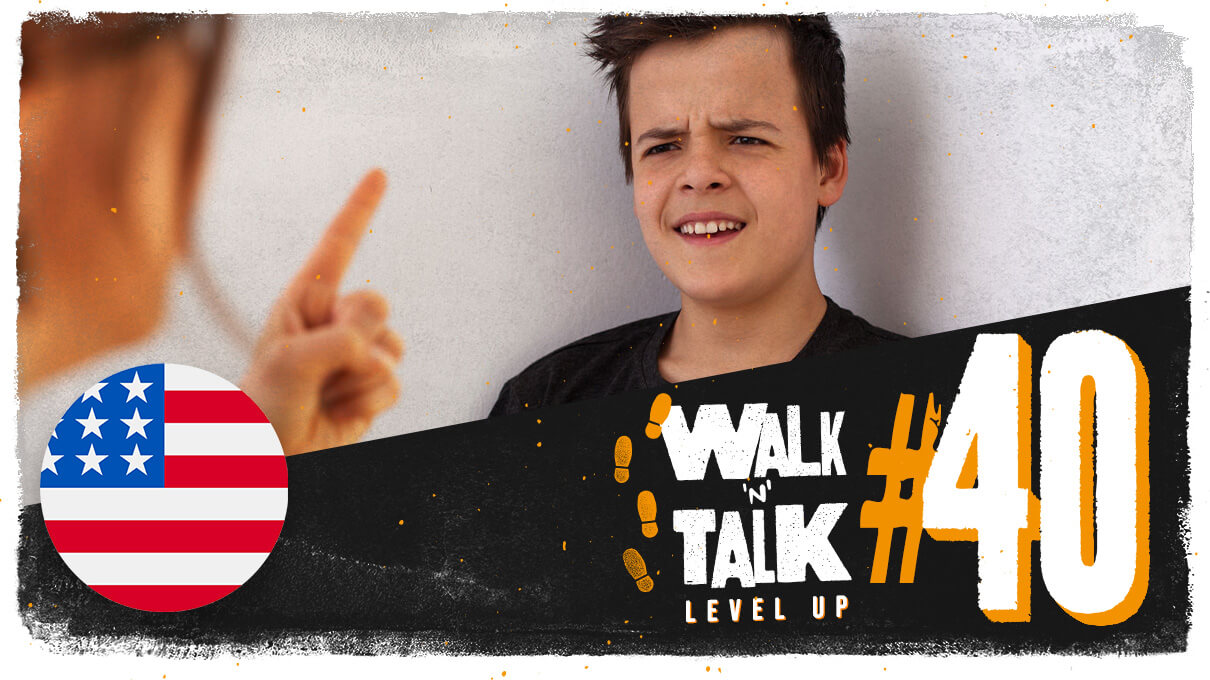



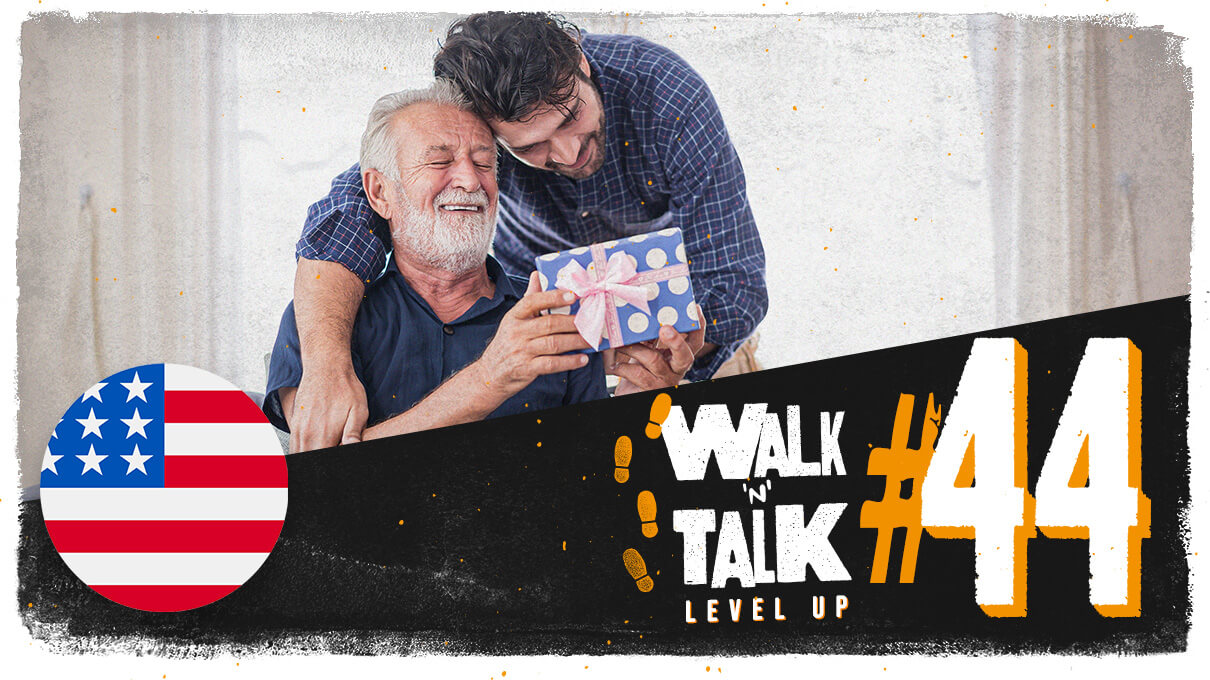




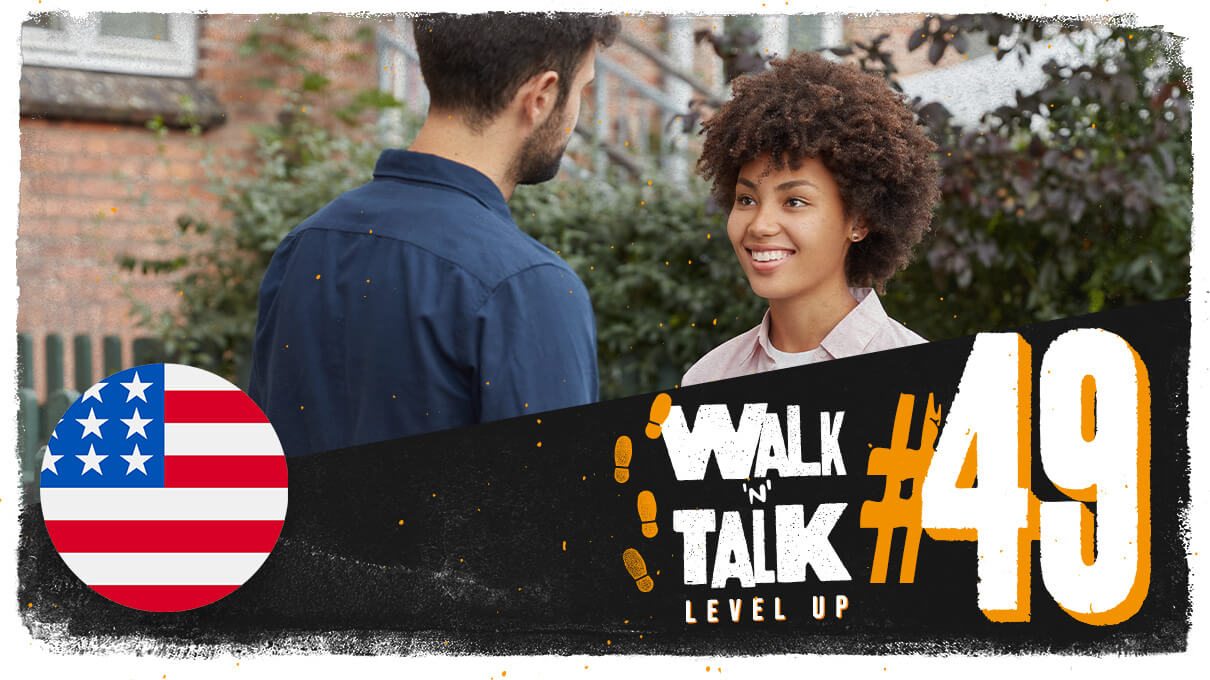



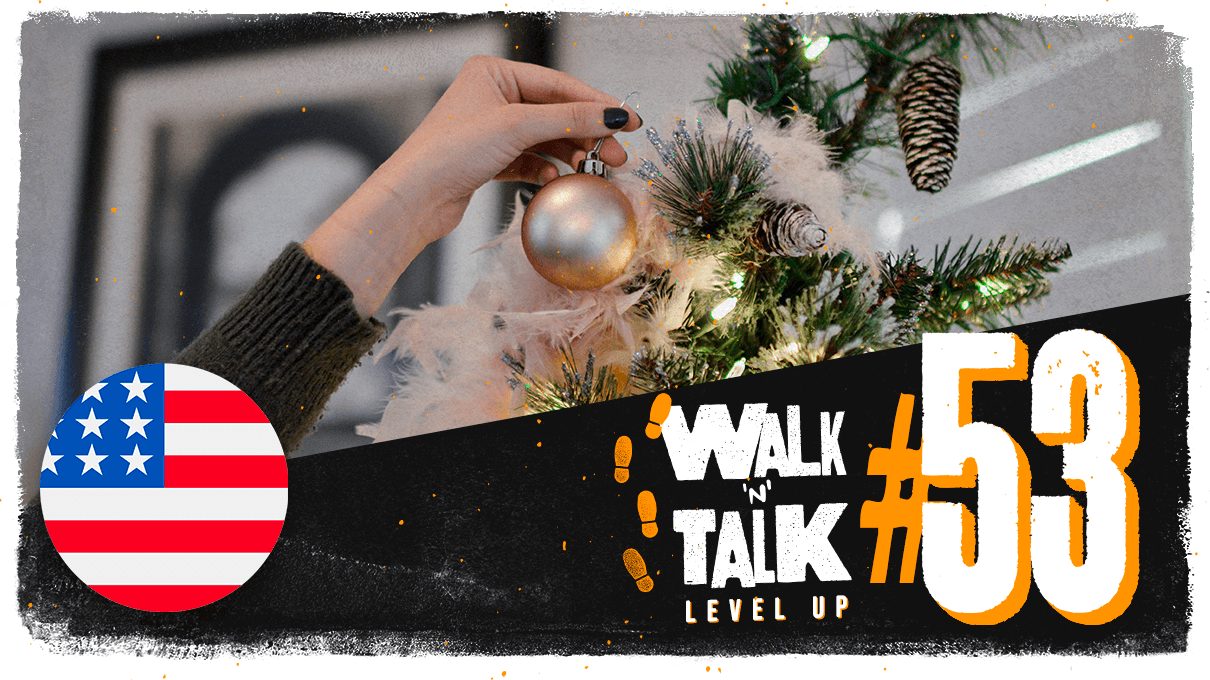
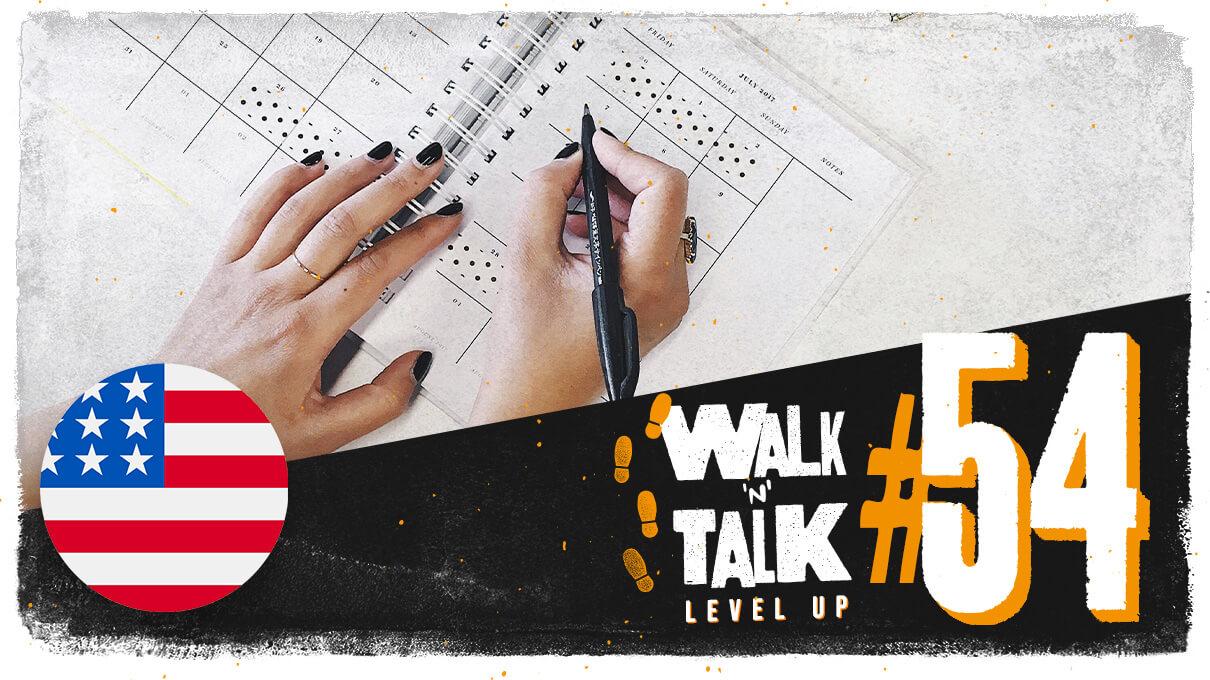
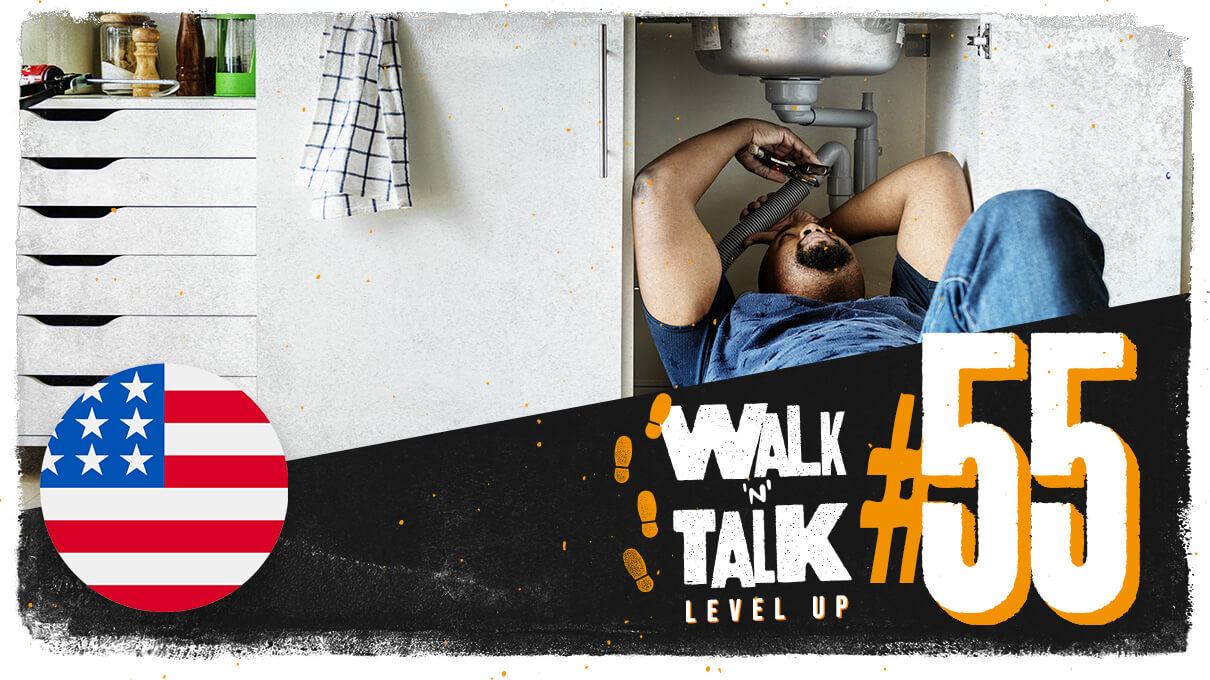
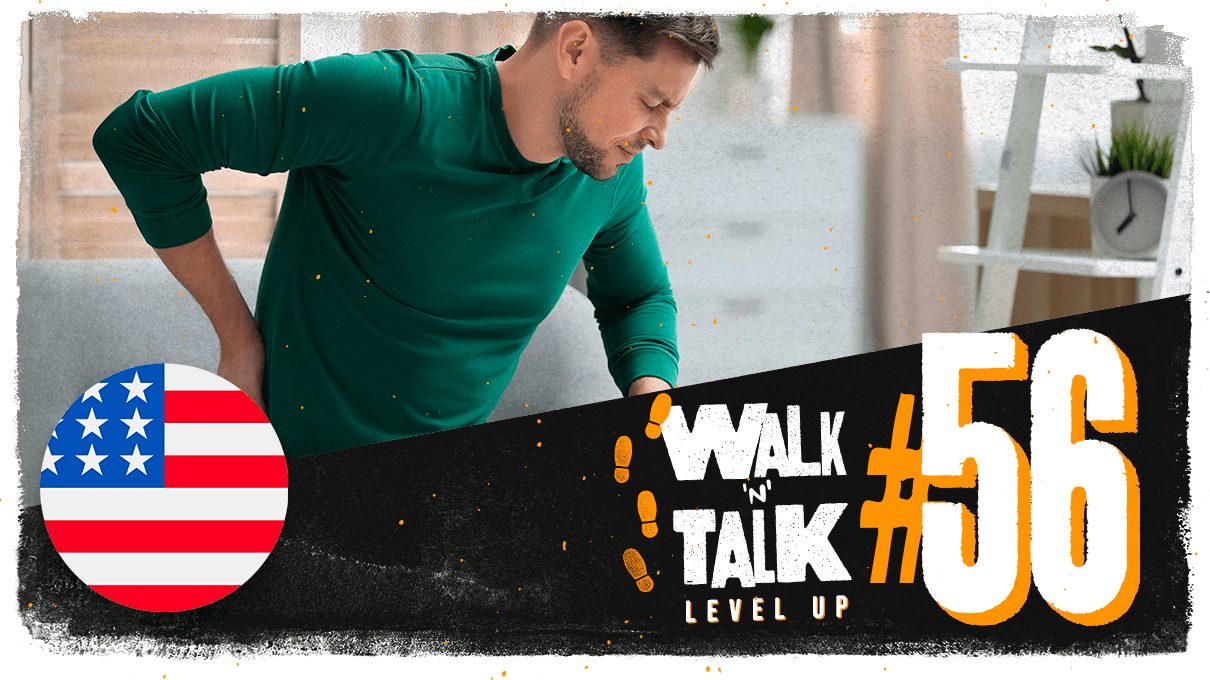





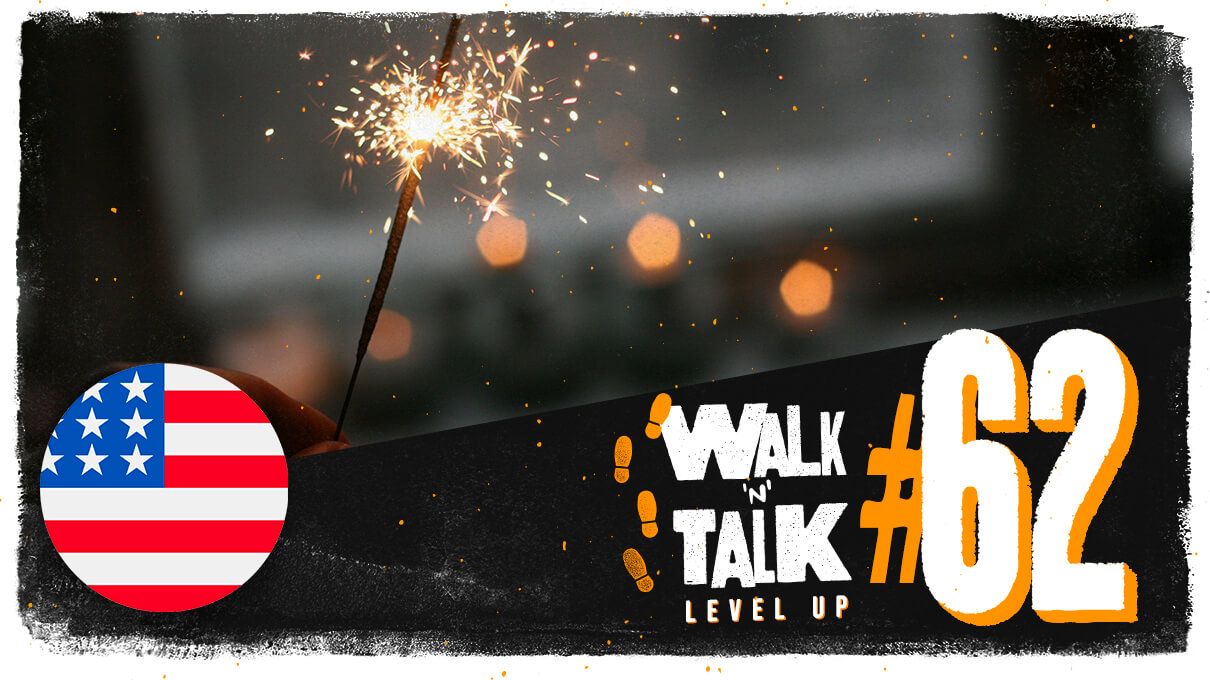

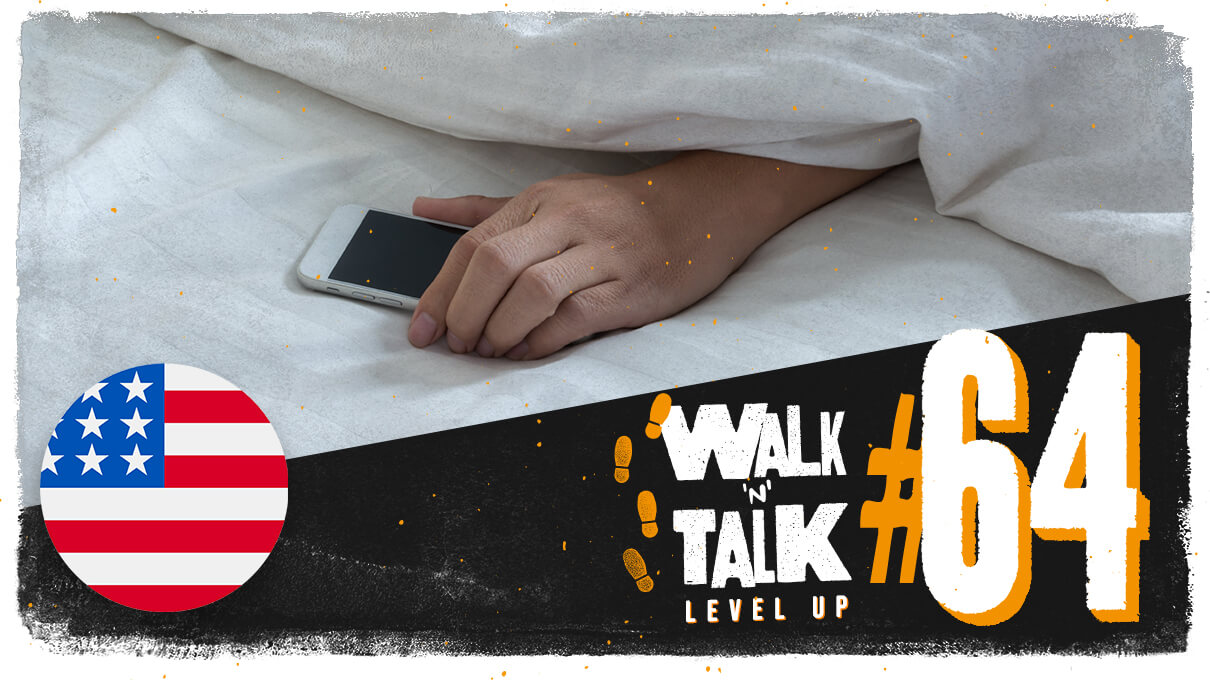





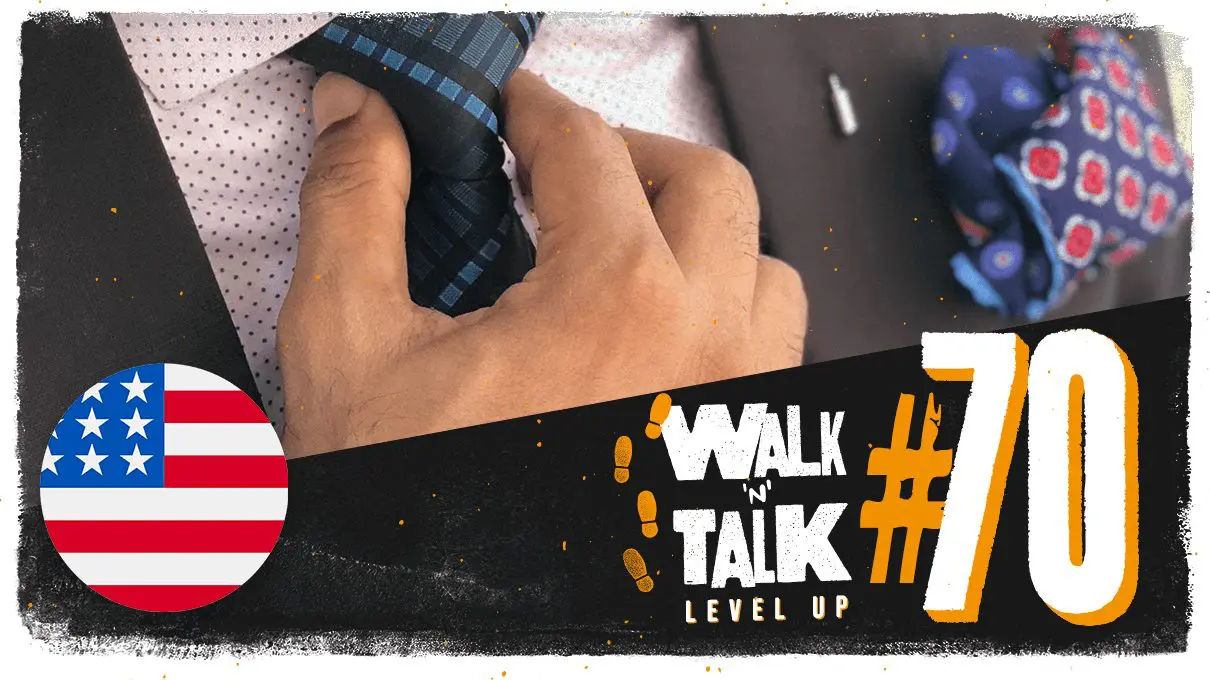
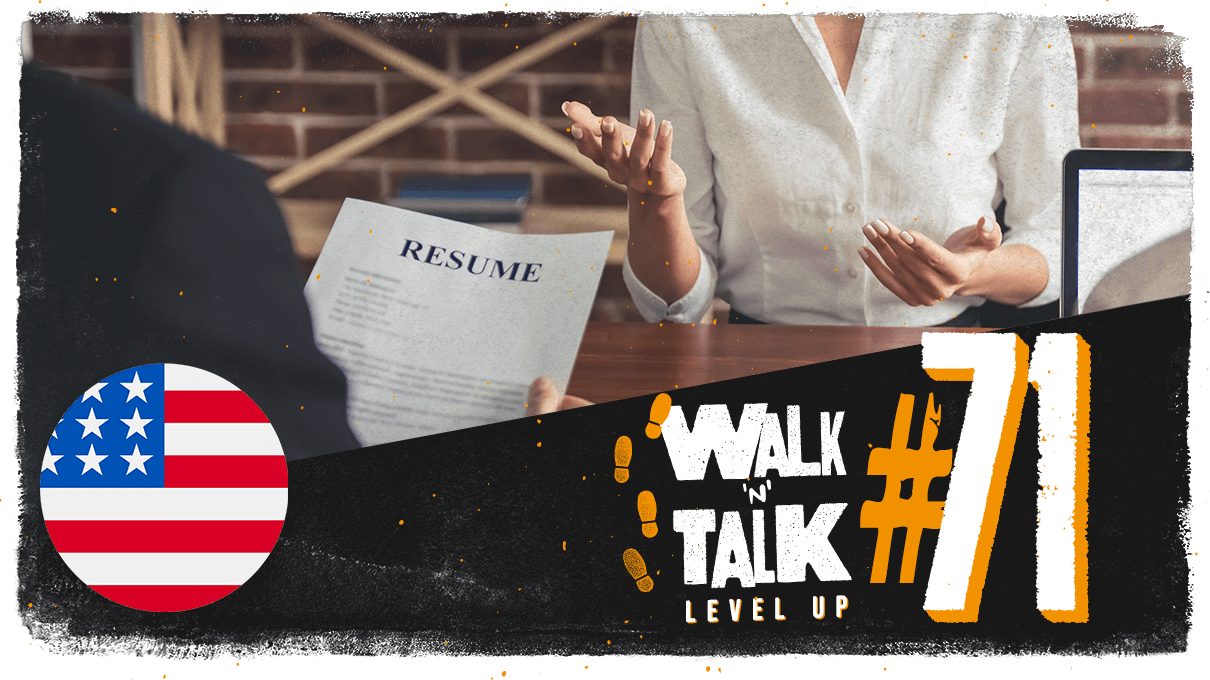

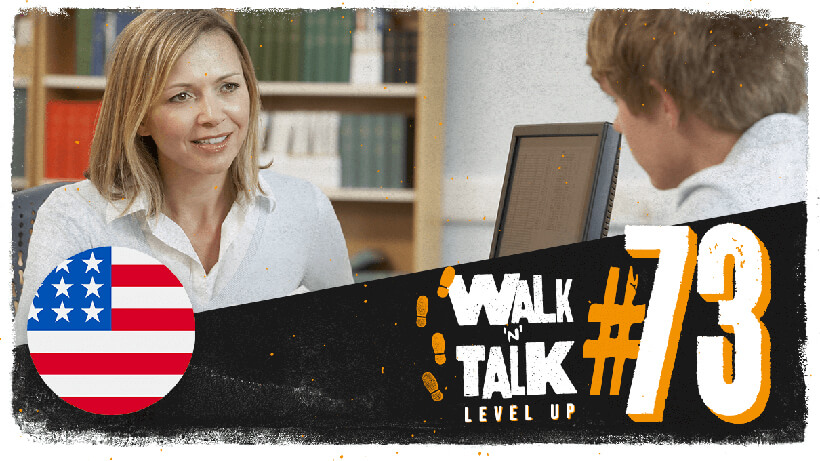
















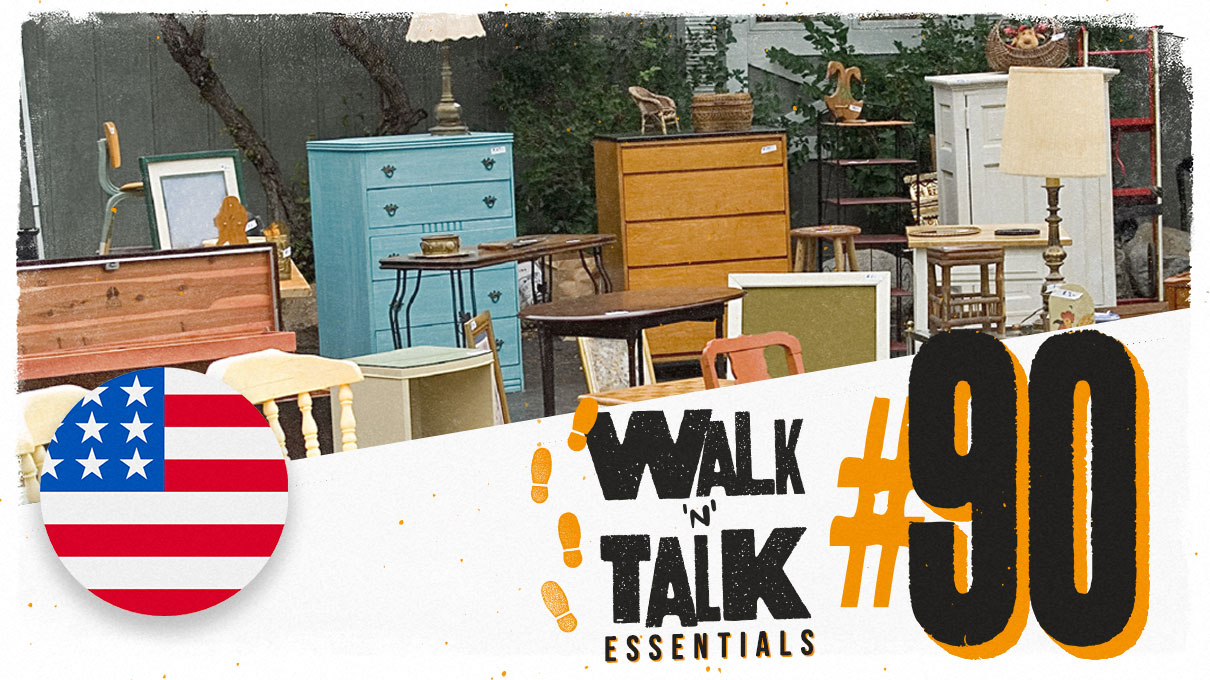

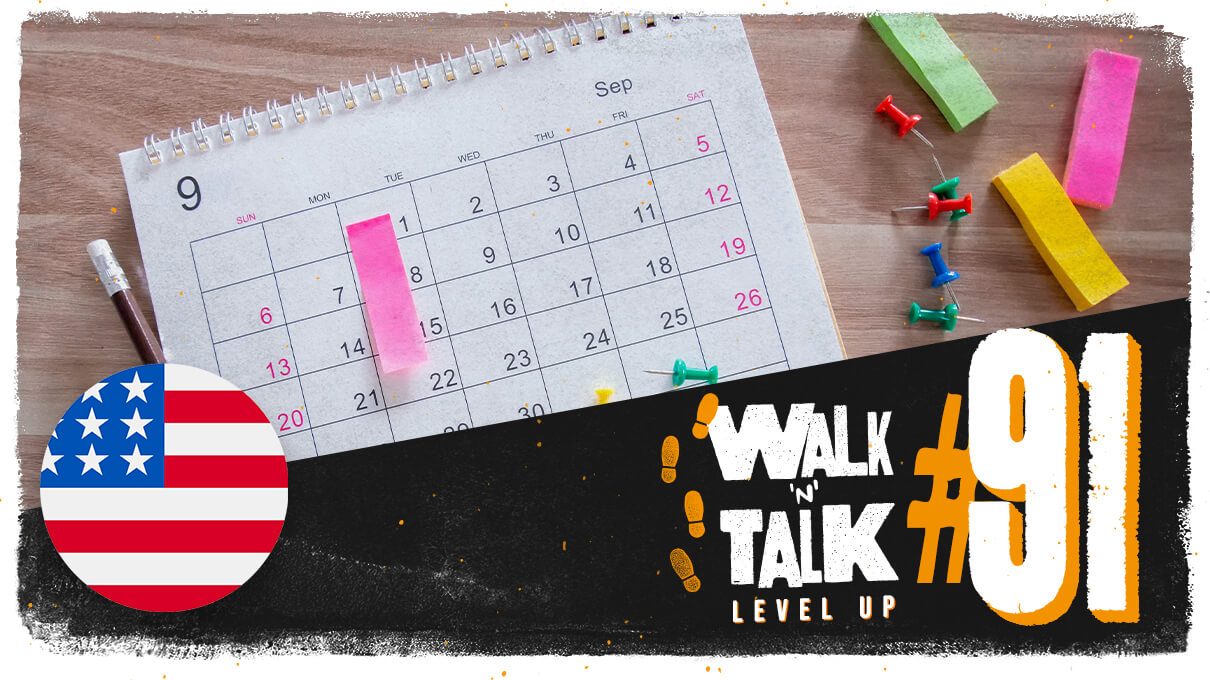

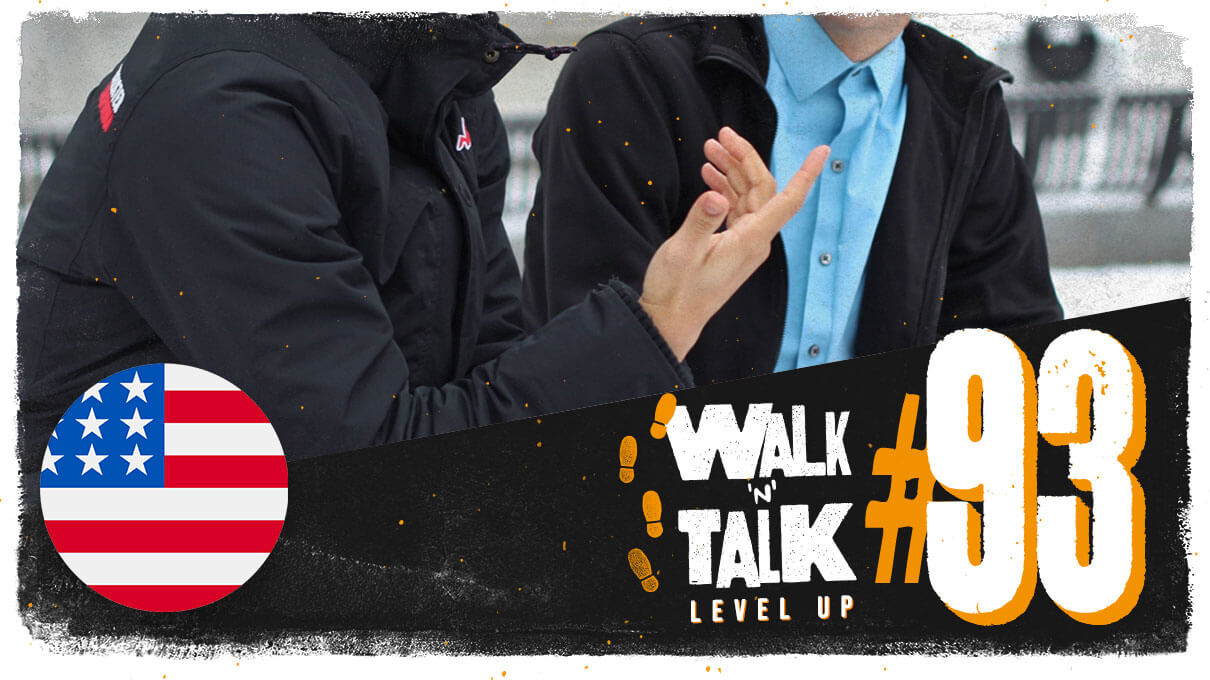
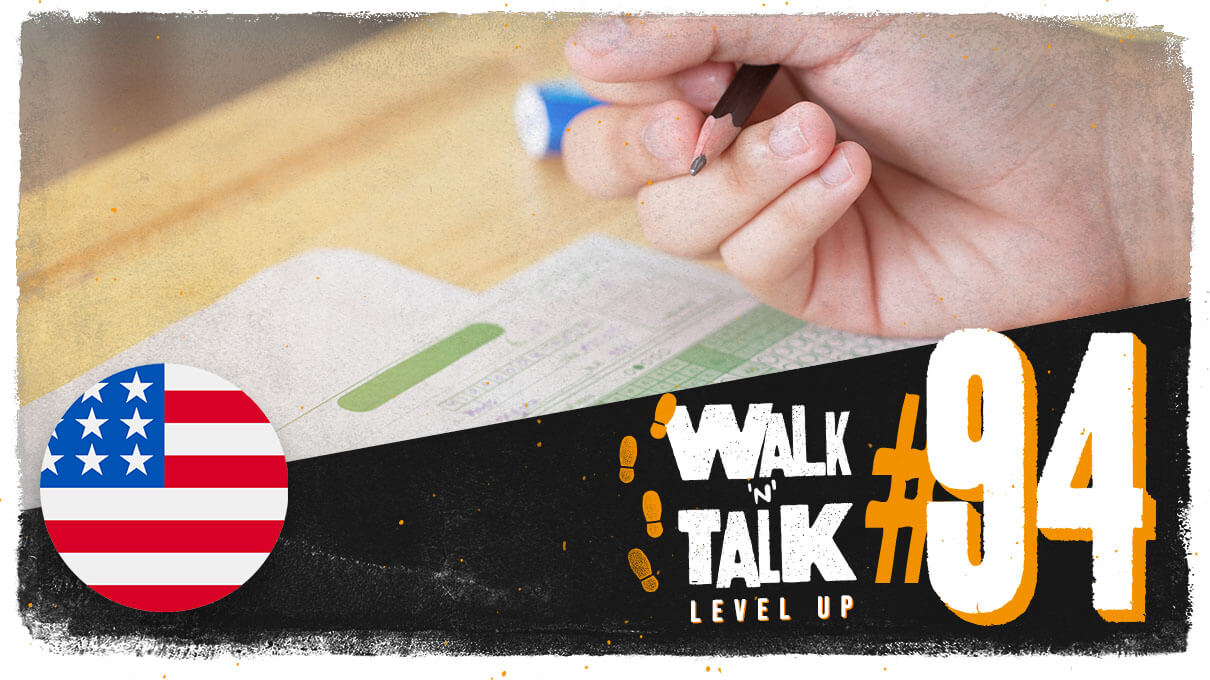
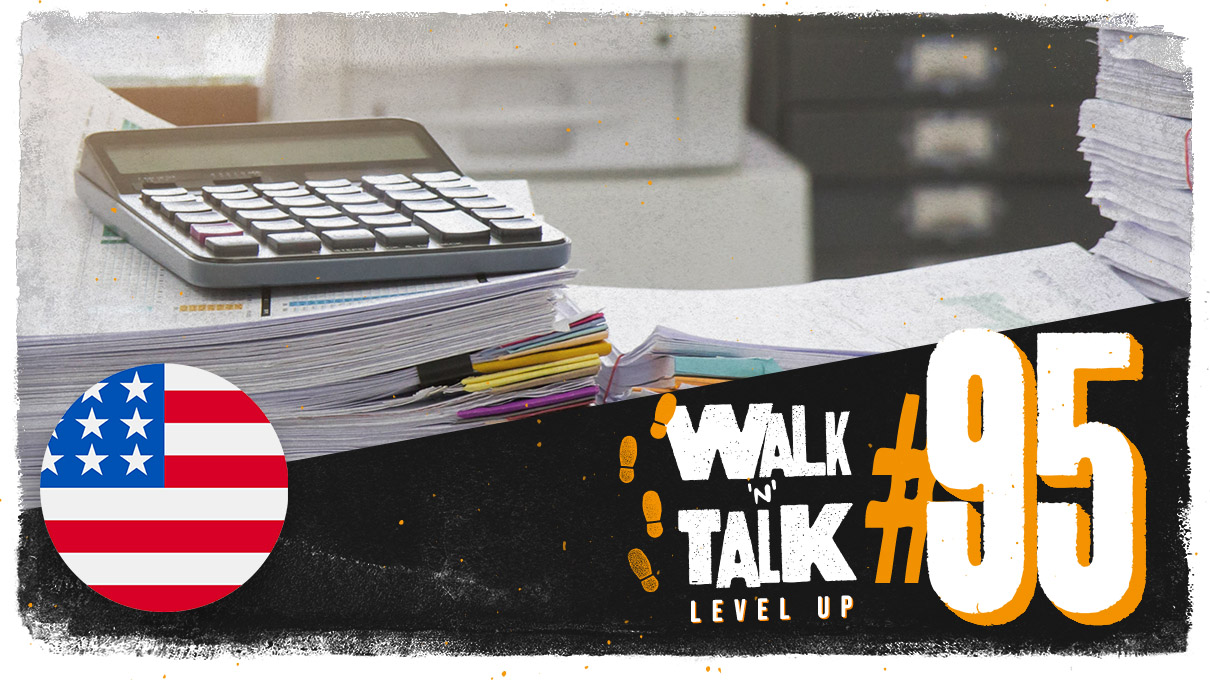




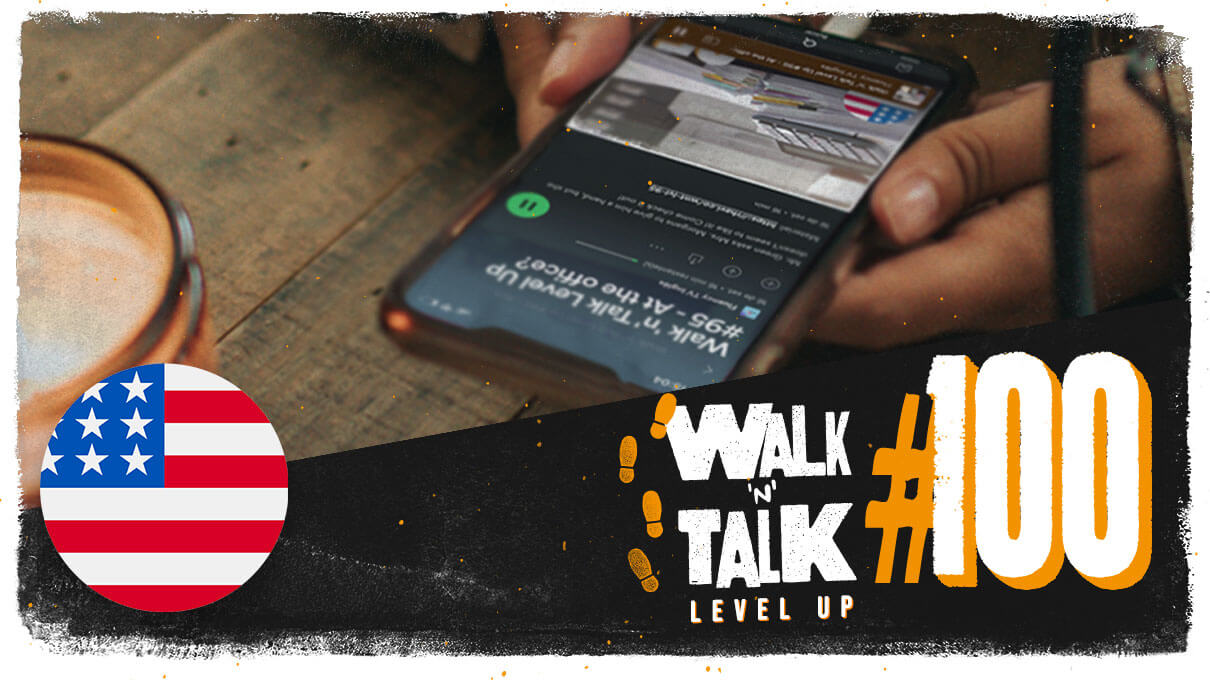
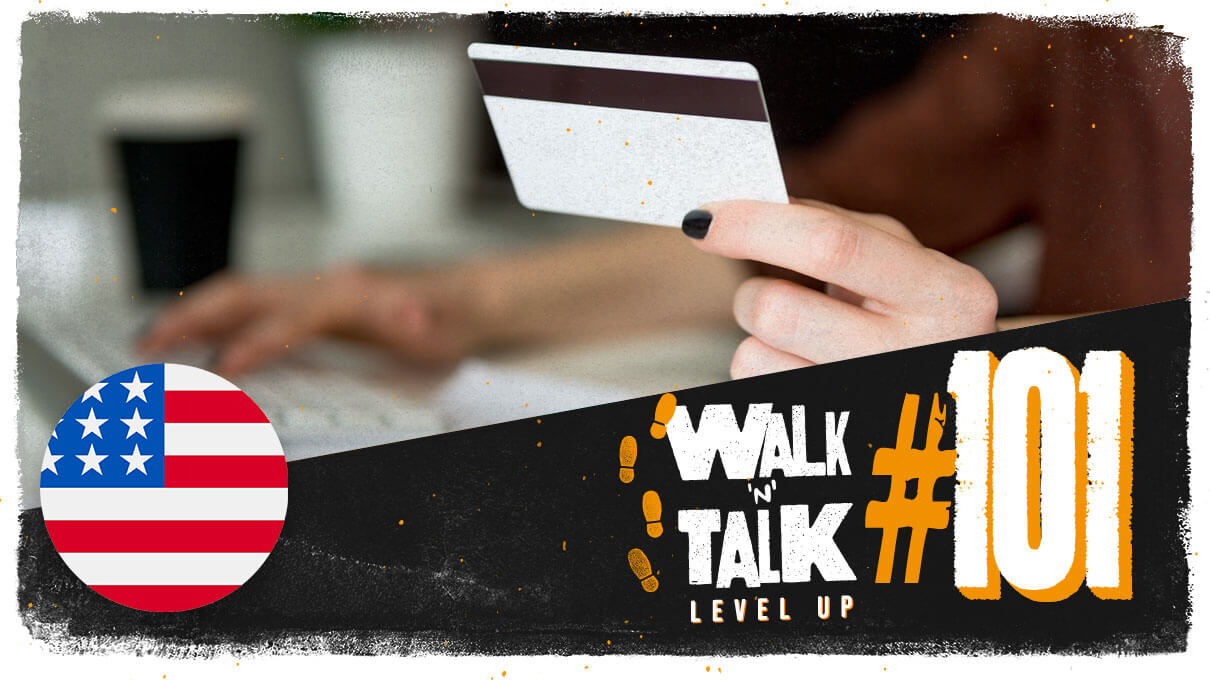

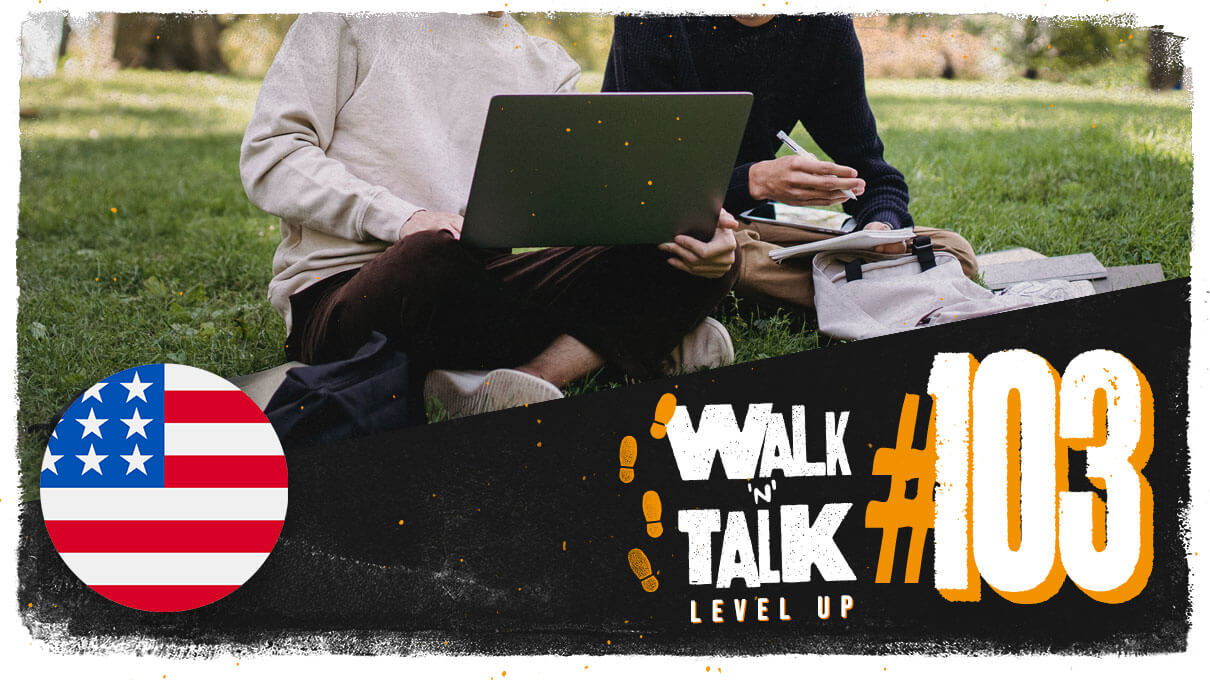
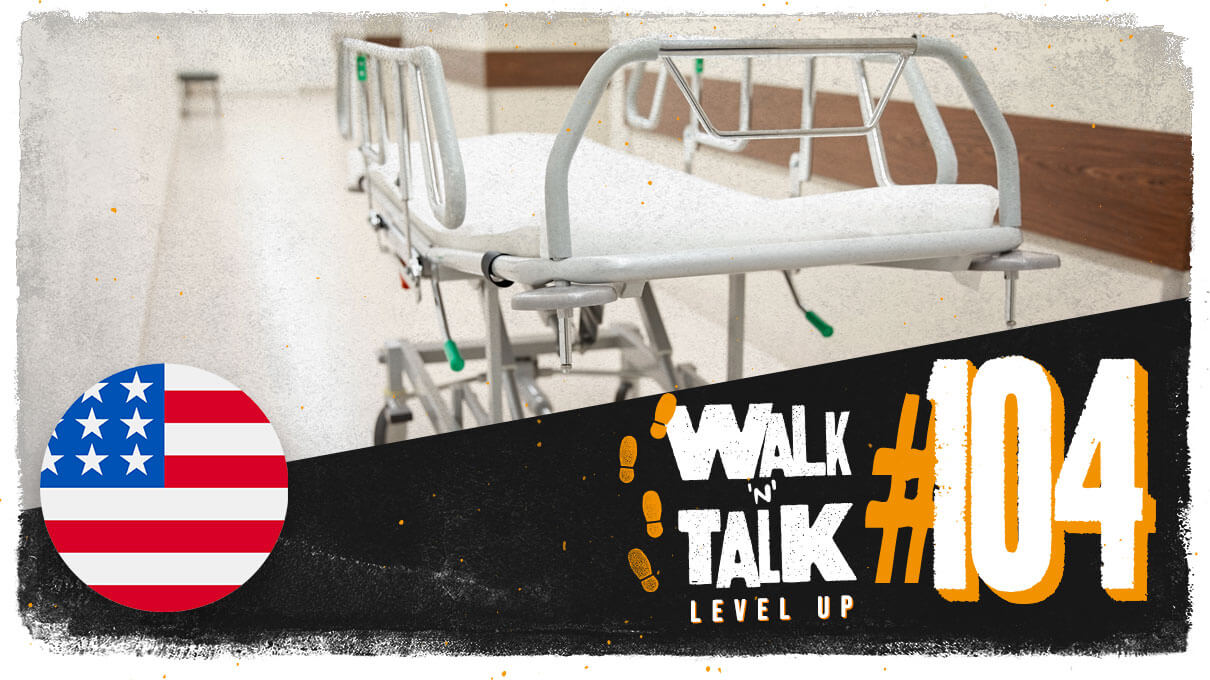
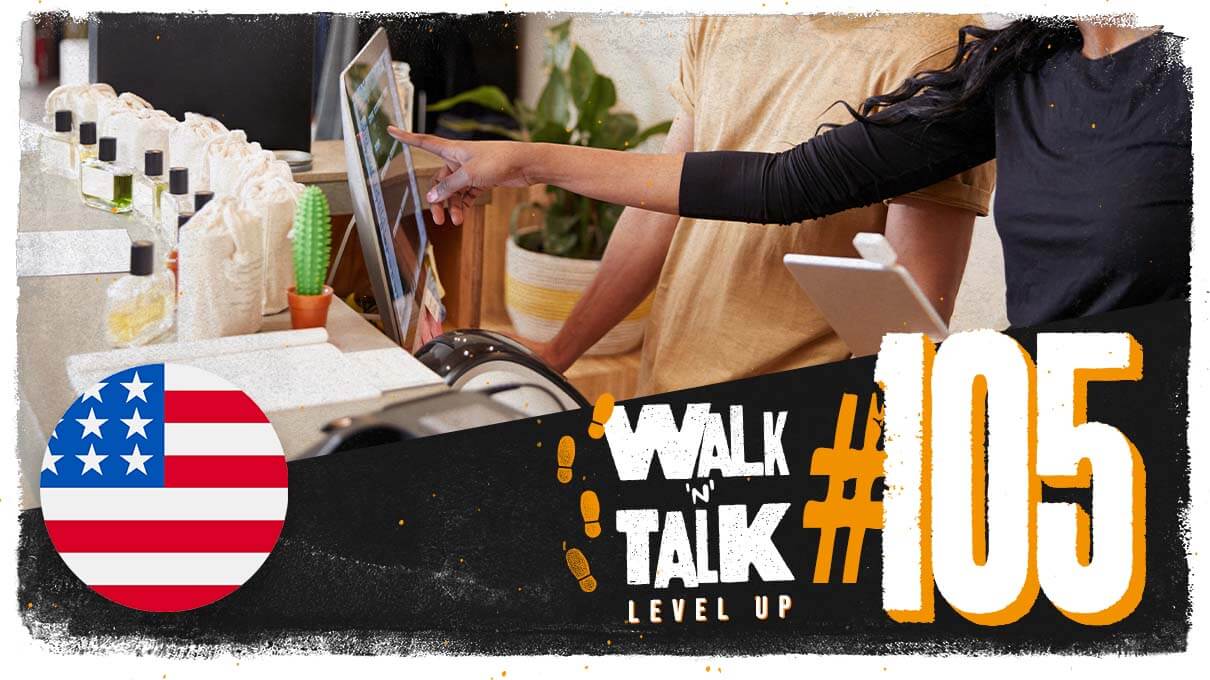



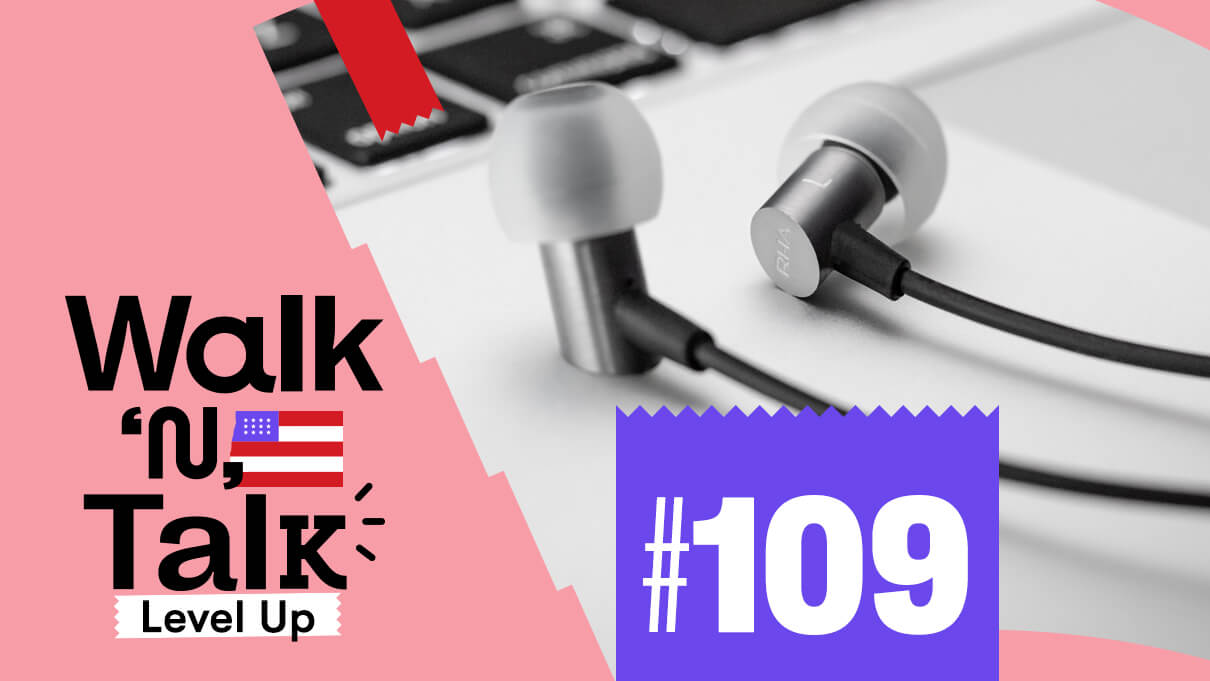

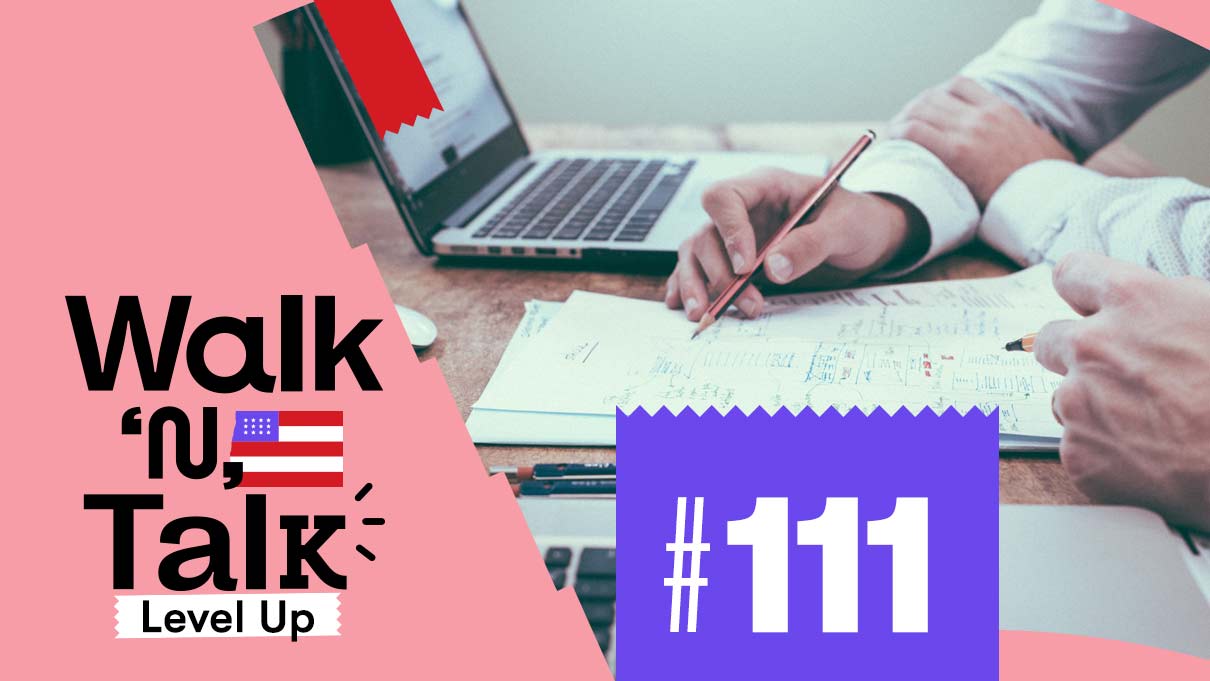




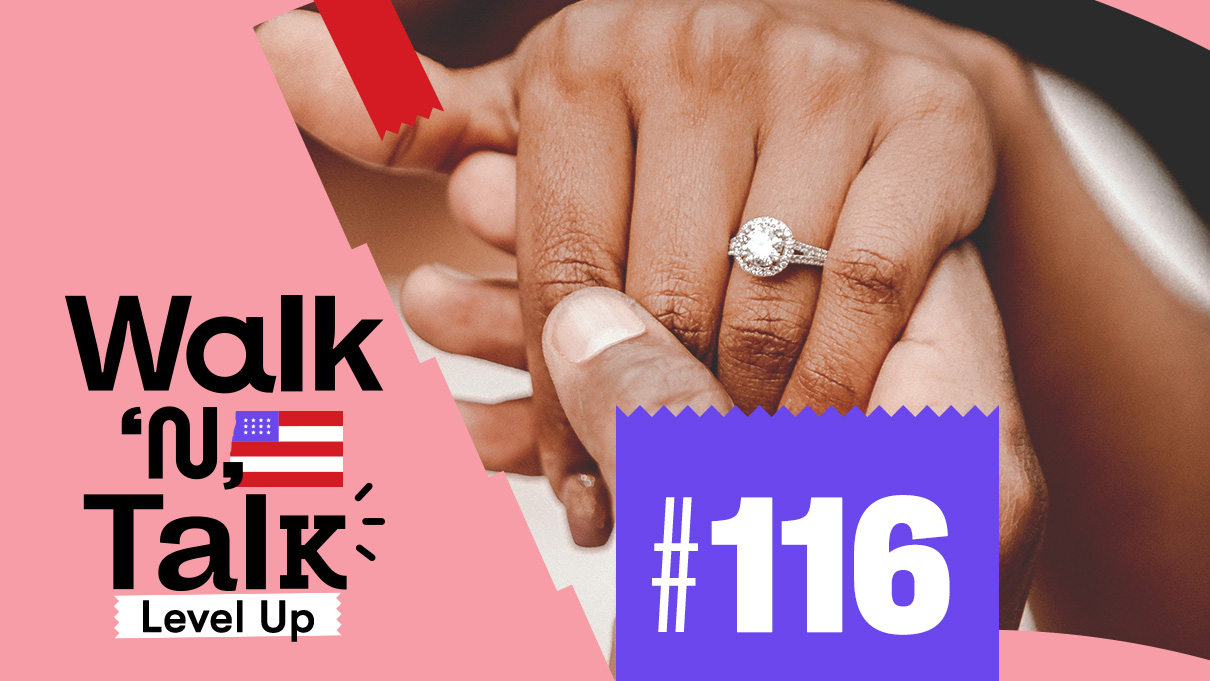



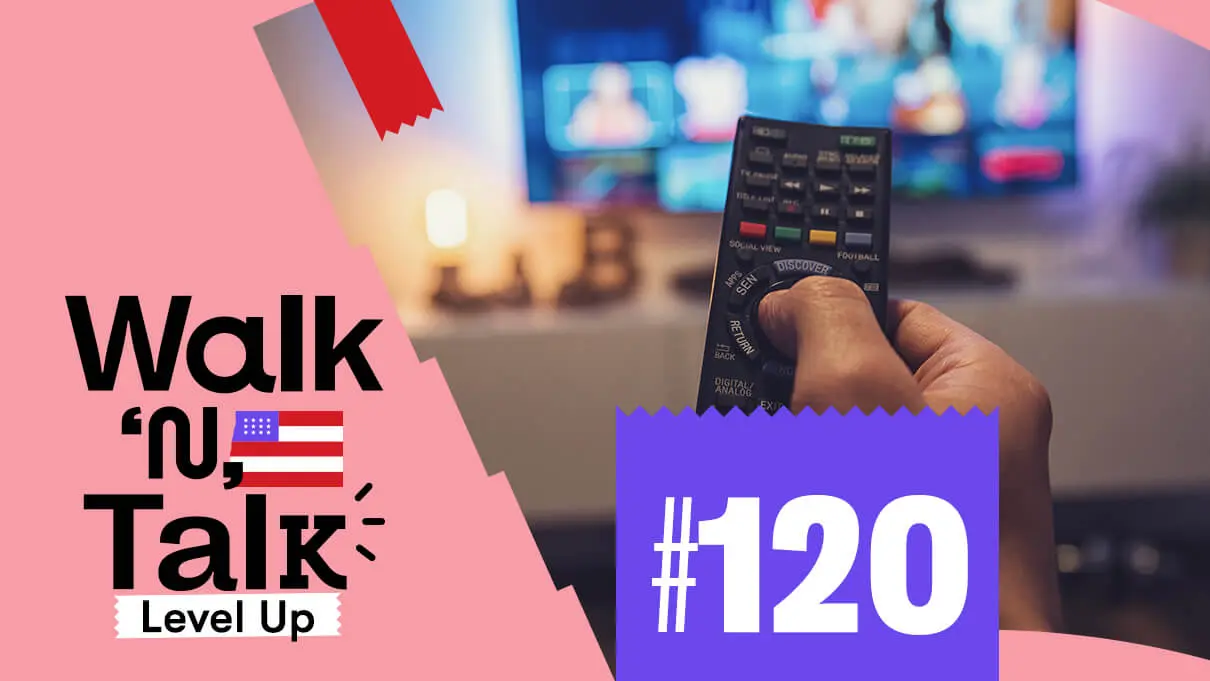

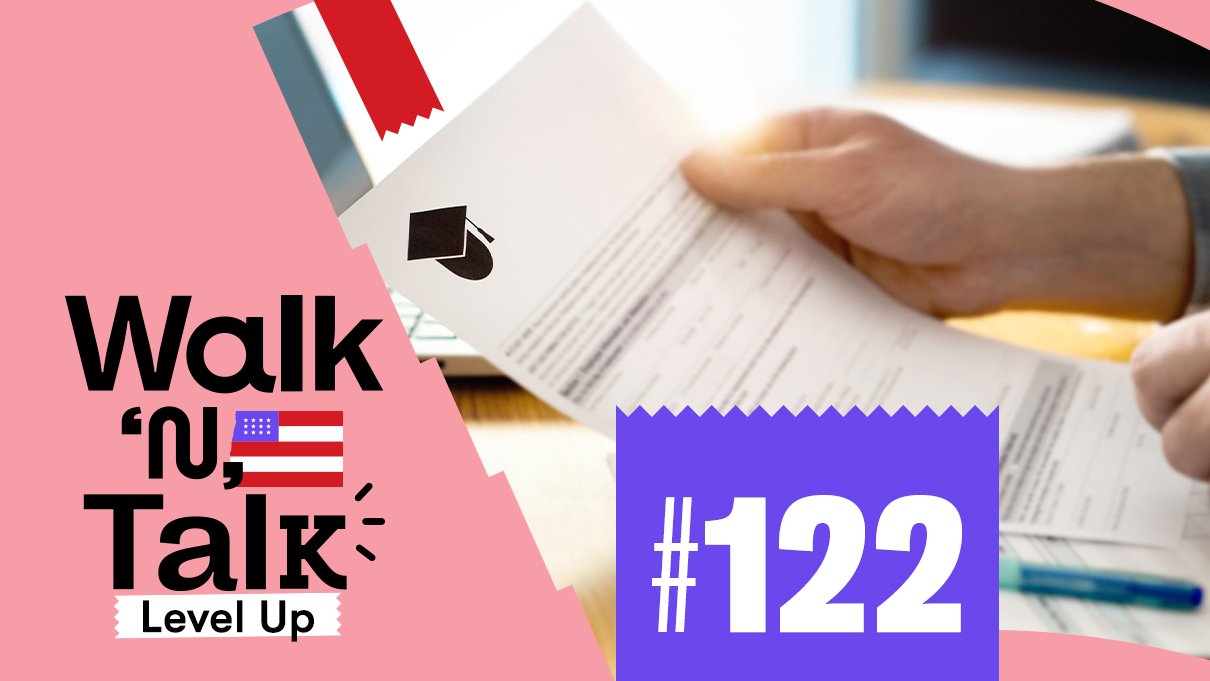



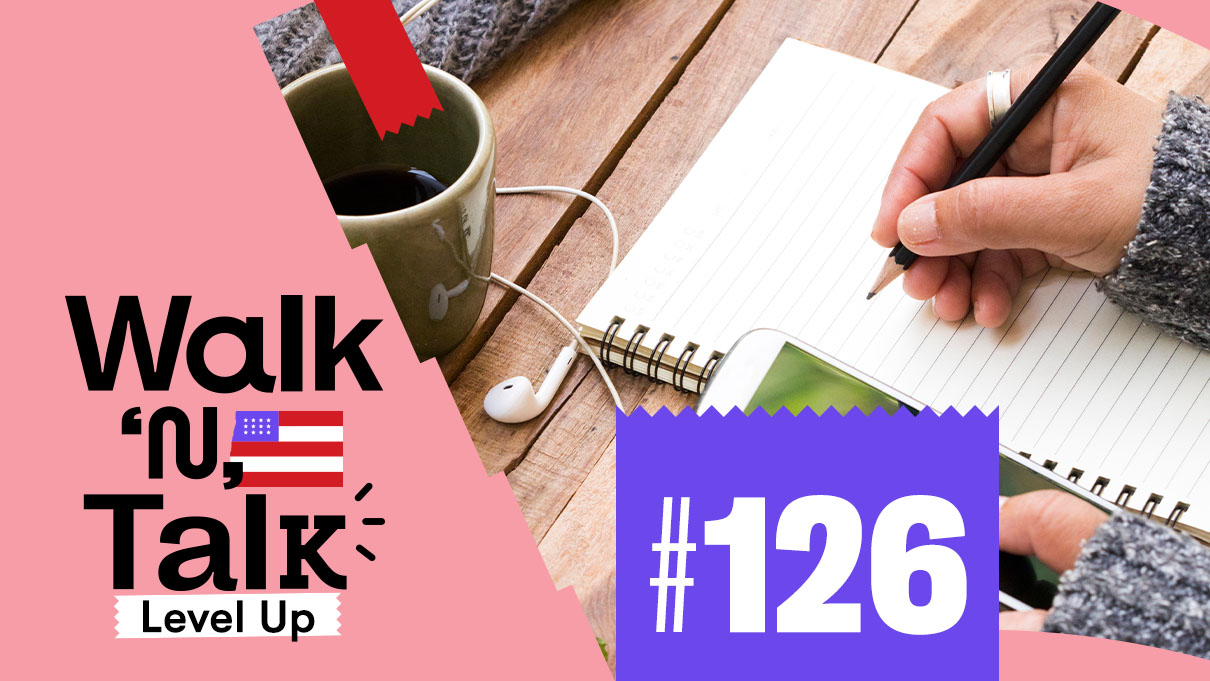
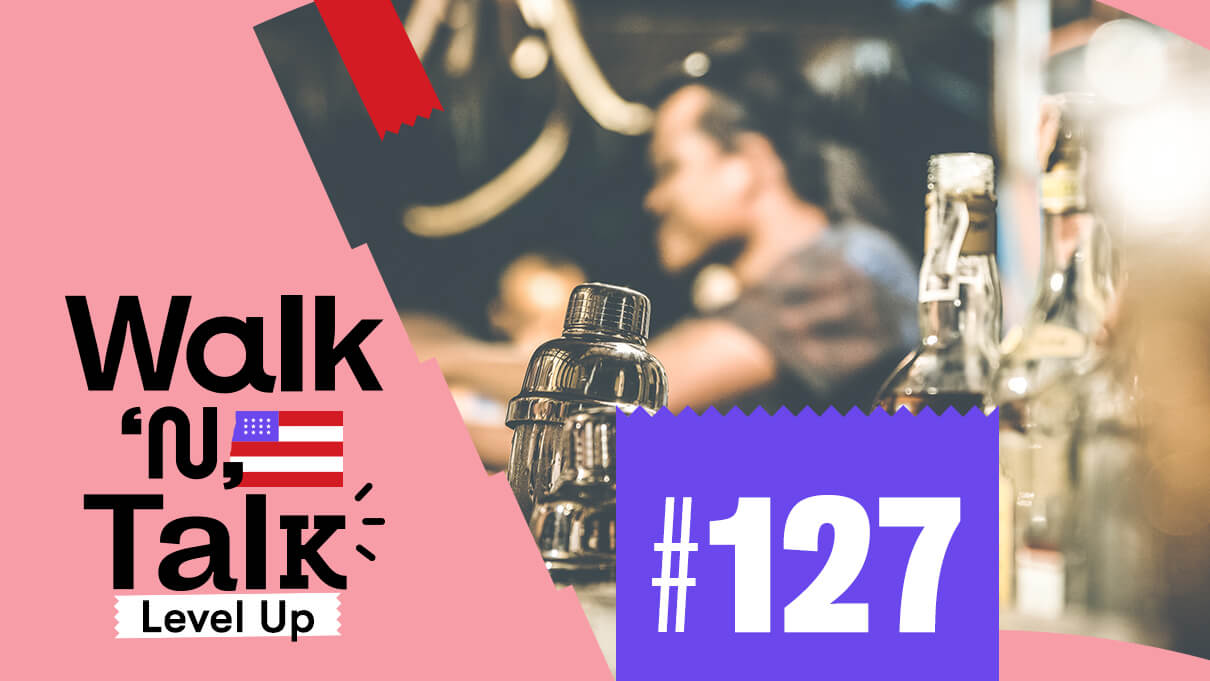
 Curso de Inglês
Curso de Inglês
 Curso de Espanhol
Curso de Espanhol
 Curso de Francês
Curso de Francês
 Curso de Mandarim
Curso de Mandarim
 Curso de Italiano
Curso de Italiano
 Curso de Japonês
Curso de Japonês
 Curso de Alemão
Curso de Alemão
 Curso de Coreano
Curso de Coreano







 Blog
Blog  Podcast
Podcast  Lives
Lives  Aulas
Aulas  eBooks
eBooks  Minicursos
Minicursos














